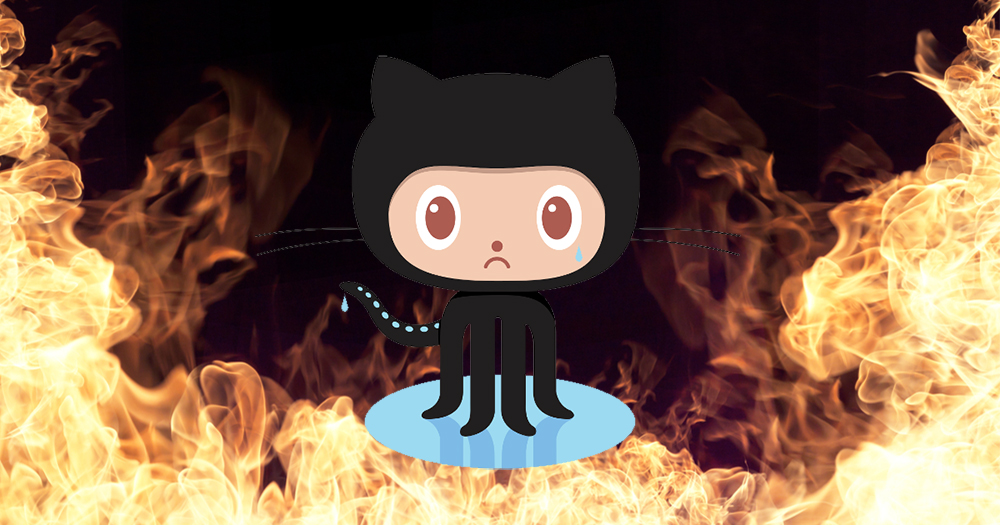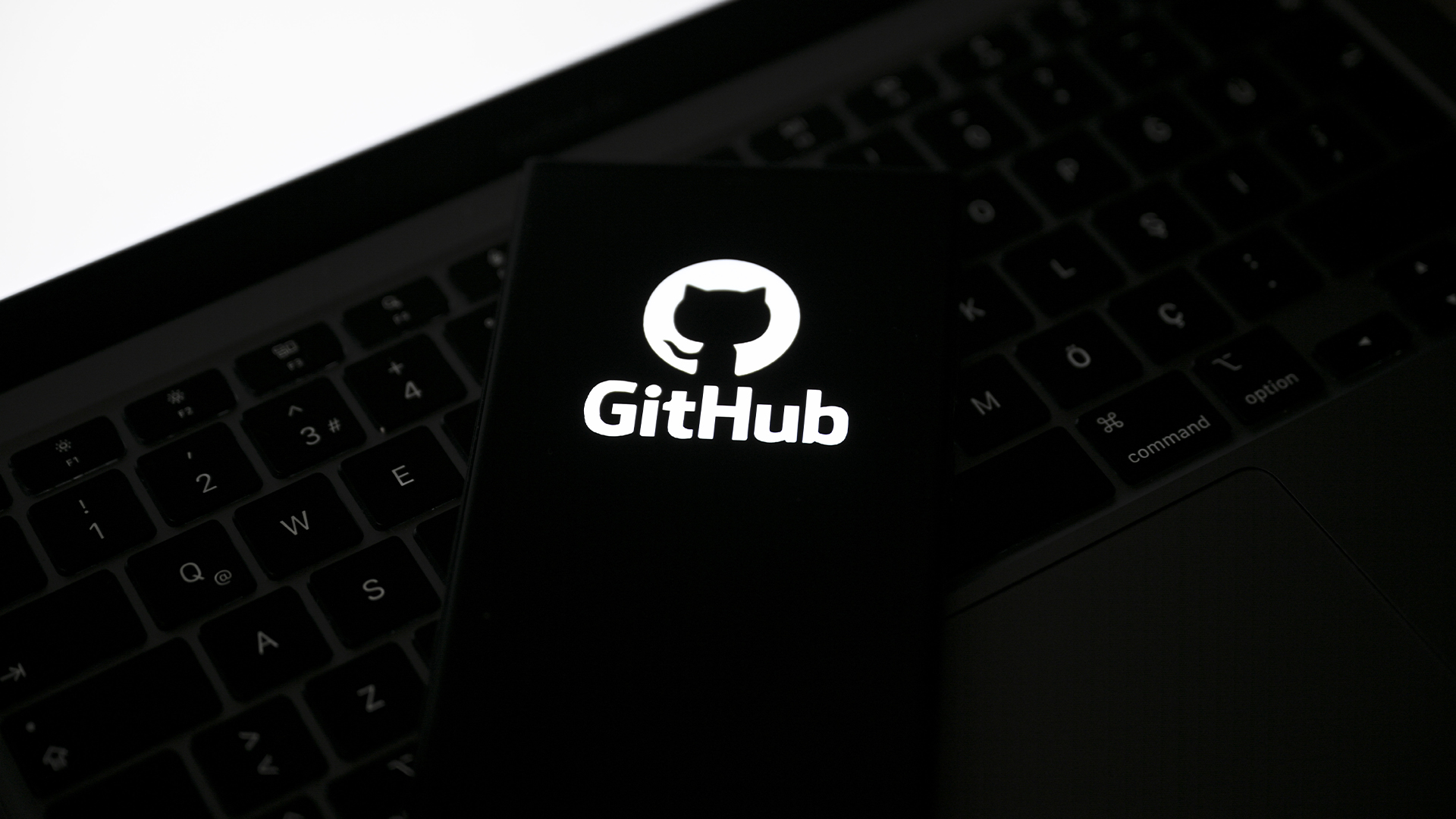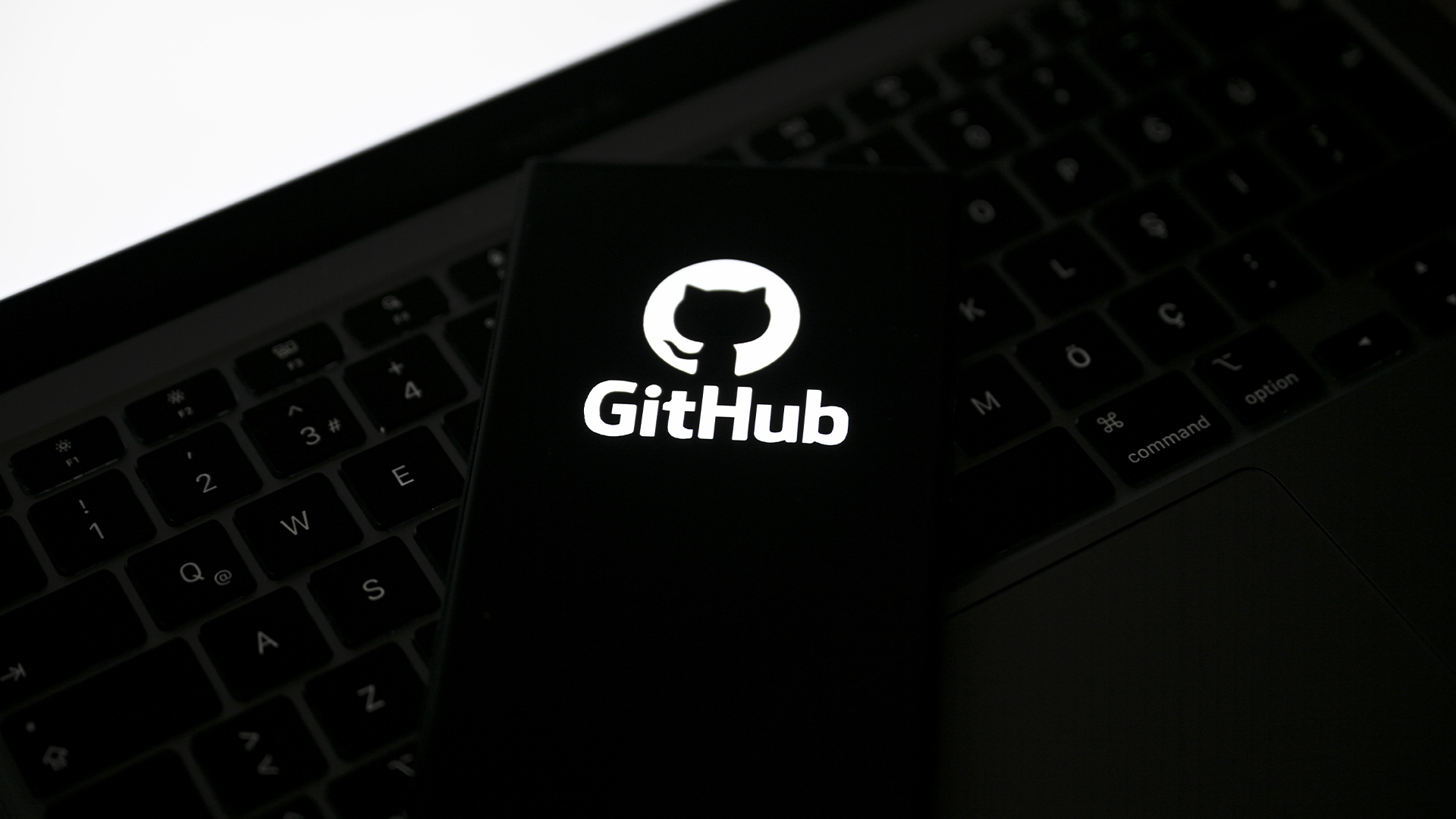Github weathers world's largest DDoS attack
The site had just ten minutes of downtime


Github has weathered the biggest DDoS attack in history with just 10 minutes of downtime, according to new reports.
The code-sharing site was subjected to a colossal 1.35Tbits/sec surge in traffic, as unknown hackers attempted to take the platform offline. The attack was foiled by Akamai Prolexic's anti-DDoS protections, which Github automatically activated shortly after detecting the spike in traffic.
"We understand how much you rely on GitHub and we know the availability of our service is of critical importance to our users," said Github site reliability engineering manager Sam Kottler in a blog post detailing the incident. "To note, at no point was the confidentiality or integrity of your data at risk."
"Making GitHub's edge infrastructure more resilient to current and future conditions of the internet and less dependent upon human involvement requires better automated intervention. We're investigating the use of our monitoring infrastructure to automate enabling DDoS mitigation providers and will continue to measure our response times to incidents like this with a goal of reducing mean time to recovery," he said.
The attack appears to be the largest on record, surpassing the previous record-holder, a 1.2Tbits/sec onslaught launched against Dyn in 2016.
While the attack on Github was larger in volume, the Dyn DDoS was both more sustained and more effective, knocking out internet connections and major websites across large portions of the US for many hours.
The Github attack, by contrast, was called off by the perpetrators after just eight minutes, which may indicate that the incident was merely a test of the hackers' capabilities.
Get the ITPro daily newsletter
Sign up today and you will receive a free copy of our Future Focus 2025 report - the leading guidance on AI, cybersecurity and other IT challenges as per 700+ senior executives
As opposed to the Dyn attack and other major DDoS attacks, this incident did not involve the use of a malicious botnet like Mirai or Reaper. Instead, the hackers used a relatively new form of DDoS, which involves exploiting poor authentication on memcached servers.
Memcached servers are used for database caching, and are intended to help speed up website. But if left publicly exposed online, hackers can use them to carry out DDoS attacks by spoofing a target's IP address and querying the servers with specific commands.
The servers will then respond with a data packet that can be up to fifty times larger than the size of the request, allowing attackers to swamp targets in vast amounts of traffic with ease. Experts estimate that there are around 100,000 unprotected memcached servers sitting online that can be exploited in this manner.
"This massive DDoS attack was possible because organisations operating memcached servers failed to implement some very basic security practices," said Synopsys principal scientist Sammy Migues.
"The impact was minimal because GitHub was commendably prepared to survive an attack much larger than this. Unless the unwitting operators of these memcached servers take corrective action, it is inevitable that other ill-equipped targets will fall victim to similar DDoS attacks and suffer a much longer outage."
According to Ashley Stephenson, CEO of Corero Network Security, this attack also demonstrates the speed with which the cyber criminal community will jump on any new vulnerability.
"It is just a few days since the memcached reflection/amplification vulnerability became widely known. Within a week the largest DDoS ever reported lands on our doorstep, an event that will make mainstream news," explained Stephenson.
"Meanwhile, Corero has observed a steady ramp in the past few days of memcached based attacks on the wider community. The terabit attack will grab the 'biggest and baddest' headlines casting a shadow that will obscure the thousands of businesses worldwide that have been hit with smaller but equally disruptive DDoS attacks leveraging the memcached vector during the past week."
This isn't the first time Github has been the victim of a DDoS attack - the company was also hit by an attack in 2015, which are believed to have been orchestrated by the Chinese government.
Adam Shepherd has been a technology journalist since 2015, covering everything from cloud storage and security, to smartphones and servers. Over the course of his career, he’s seen the spread of 5G, the growing ubiquity of wireless devices, and the start of the connected revolution. He’s also been to more trade shows and technology conferences than he cares to count.
Adam is an avid follower of the latest hardware innovations, and he is never happier than when tinkering with complex network configurations, or exploring a new Linux distro. He was also previously a co-host on the ITPro Podcast, where he was often found ranting about his love of strange gadgets, his disdain for Windows Mobile, and everything in between.
You can find Adam tweeting about enterprise technology (or more often bad jokes) @AdamShepherUK.
-
 Bigger salaries, more burnout: Is the CISO role in crisis?
Bigger salaries, more burnout: Is the CISO role in crisis?In-depth CISOs are more stressed than ever before – but why is this and what can be done?
By Kate O'Flaherty Published
-
 Cheap cyber crime kits can be bought on the dark web for less than $25
Cheap cyber crime kits can be bought on the dark web for less than $25News Research from NordVPN shows phishing kits are now widely available on the dark web and via messaging apps like Telegram, and are often selling for less than $25.
By Emma Woollacott Published
-
 Seized database helps Europol snare botnet customers in ‘Operation Endgame’ follow-up sting
Seized database helps Europol snare botnet customers in ‘Operation Endgame’ follow-up stingNews Europol has detained several people believed to be involved in a botnet operation as part of a follow-up to a major takedown last year.
By Emma Woollacott Published
-
 Hackers are targeting Ivanti VPN users again – here’s what you need to know
Hackers are targeting Ivanti VPN users again – here’s what you need to knowNews Ivanti has re-patched a security flaw in its Connect Secure VPN appliances that's been exploited by a China-linked espionage group since at least the middle of March.
By Emma Woollacott Published
-
 Organizations urged to act fast after GitHub Action supply chain attack
Organizations urged to act fast after GitHub Action supply chain attackNews More than 20,000 organizations may be at risk following a supply chain attack affecting tj-actions/changed-files GitHub Action.
By Emma Woollacott Published
-
 Nearly a million devices were infected in a huge GitHub malvertising campaign
Nearly a million devices were infected in a huge GitHub malvertising campaignNews Microsoft has alerted users to a malvertising campaign leveraging GitHub to infect nearly 1 million devices around the world.
By Solomon Klappholz Published
-
 Broadcom issues urgent alert over three VMware zero-days
Broadcom issues urgent alert over three VMware zero-daysNews The firm says it has information to suggest all three are being exploited in the wild
By Solomon Klappholz Published
-
 Nakivo backup flaw still present on some systems months after firms’ ‘silent patch’, researchers claim
Nakivo backup flaw still present on some systems months after firms’ ‘silent patch’, researchers claimNews Over 200 vulnerable Nakivo backup instances have been identified months after the firm silently patched a security flaw.
By Solomon Klappholz Published
-
 'GitVenom' campaign uses dodgy GitHub repositories to spread malware
'GitVenom' campaign uses dodgy GitHub repositories to spread malwareNews Security researchers have issued an alert over a campaign using GitHub repositories to distribute malware, with users lured in by fake projects.
By Solomon Klappholz Published
-
 Everything you need to know about the Microsoft Power Pages vulnerability
Everything you need to know about the Microsoft Power Pages vulnerabilityNews A severe Microsoft Power Pages vulnerability has been fixed after cyber criminals were found to have been exploiting unpatched systems in the wild.
By Solomon Klappholz Published